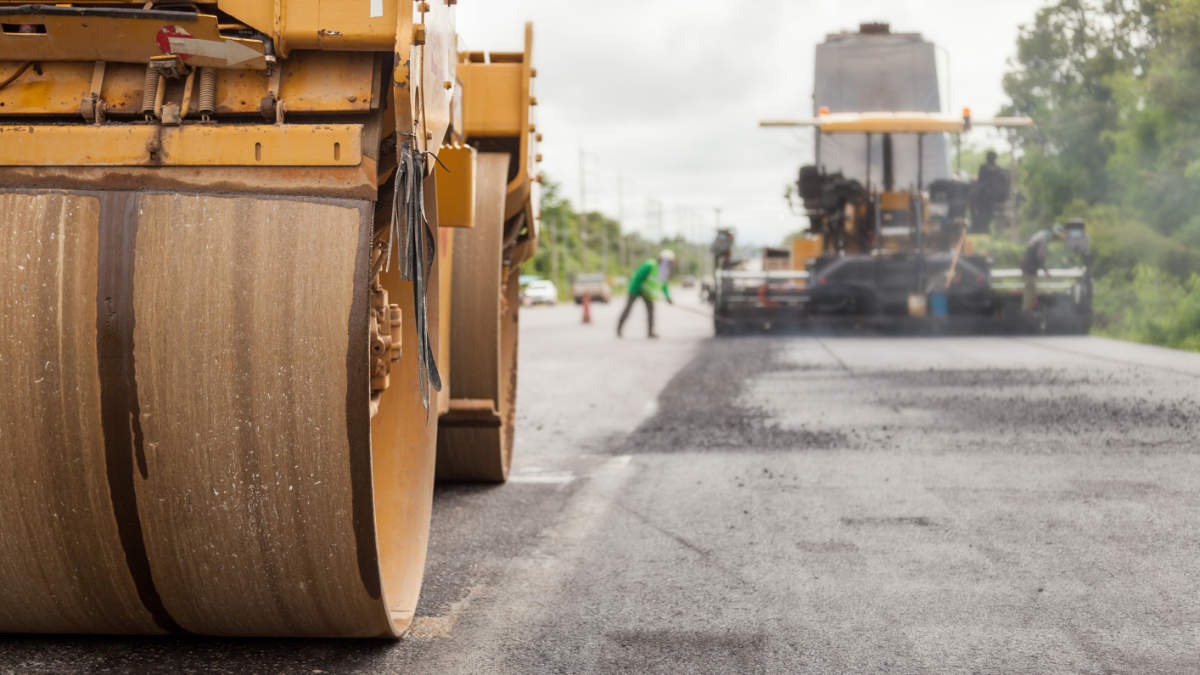Greenvale Energy’s Alpha Torbanite testing produces premium-grade bitumen

Greenvale Energy’s successful testing has moved it a step closer to be able to roll out a premium bitumen product. Pic: Getty Images
- Greenvale Energy testing of material from its Alpha Torbanite project demonstrates that with further fine tuning it can produce premium-grade C170 bitumen
- Testing by the University of Jordan found the right mix of conditions to improve the viscosity to meet C170 specifications
- Company may carry out bulk sampling to facilitate more comprehensive study of bitumen properties
Special Report: Greenvale Energy has demonstrated that with some further fine tuning it can successfully produce premium-grade C170 bitumen with strong recovery rates using a blend of ore material sourced from its Alpha Torbanite project in central Queensland.
Liquefaction Test Program 5 – a small, laboratory scale trial conducted by the University of Jordan – found that fine-tuning experimental parameters allowed for the production of a bitumen product with a viscosity in the range of C170 asphalt, addressing issues raised in Test Program 4.
The university also recommended that Greenvale Energy (ASX:GRV) produce bulk samples under varied reaction conditions after catalyst optimisation to facilitate a more comprehensive study of bitumen properties, specifically viscosity.
“These are encouraging results from small-scale lab testing that confirm the potential to achieve good recovery of bitumen products with improved viscosity,” chief executive officer Mark Turner said.
“We will now work with the University of Jordan to determine the next steps, which may include progressing to a bulk testwork program.”
Alpha Torbanite is an exceptionally high-grade deposit which contains up to 698L of hydrocarbons per tonne and has the potential to produce bitumen, a dense and viscous form of petroleum that is valued for infrastructure development.
This will easily find a ready market in Australia as more than 1Mt of the petroleum product is imported each year.
Test Program 5
Test Program 5 was carried out to examine issues raised in Test Program 4, which found that while bitumen could be produced from Alpha shales, it did not meet the stringent specifications of a premium C170 bitumen product.
Using a blend of the three formations – Cannelite L1, Torbanite LT and Cannelite L2 – that make up the Alpha orebody, the university varied the reaction conditions of temperature and pressure to maximise the asphaltene yield, and then used different catalysts to enhance the quality of the asphaltene for its viscosity and penetration.
The role of catalysts, or the lack thereof, was also investigated to assess their impact on the liquefaction process and the resulting bitumen yield.
This testing found that the optimal conditions to achieve maximum yield of bitumen materials, including asphaltenes and pre-asphaltenes, exceeding 30 wt% was at a temperature of 400°C and the highest pressure.
Introducing iron and tin as catalysts enhanced the conversion process, increasing pre-asphaltene content under optimal conditions.
Additionally, while the viscosity increased with pressure, the asphaltene content remained consistently high, and the density of bitumen materials showed minimal variation.
However, the University of Jordan noted that the samples sizes were too small for penetration tests and that they will be conducted when larger bulk samples are produced.
Full results from Test Program 5 will now be evaluated by the company’s board to determine the next steps for the Alpha project.
This article was developed in collaboration with Greenvale Energy, a Stockhead advertiser at the time of publishing.
This article does not constitute financial product advice. You should consider obtaining independent advice before making any financial decisions.
Related Topics
UNLOCK INSIGHTS
Discover the untold stories of emerging ASX stocks.
Daily news and expert analysis, it's free to subscribe.
By proceeding, you confirm you understand that we handle personal information in accordance with our Privacy Policy.








